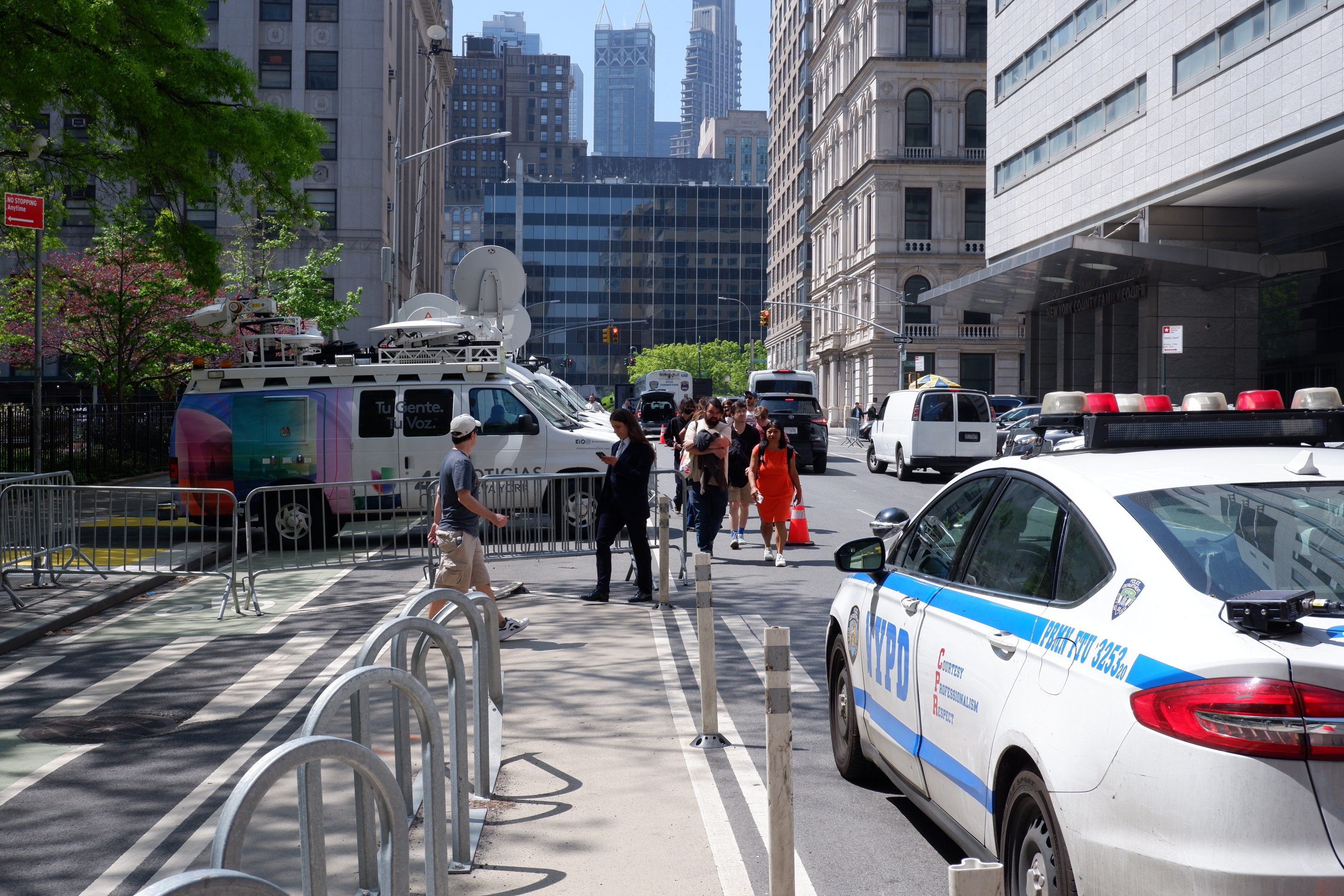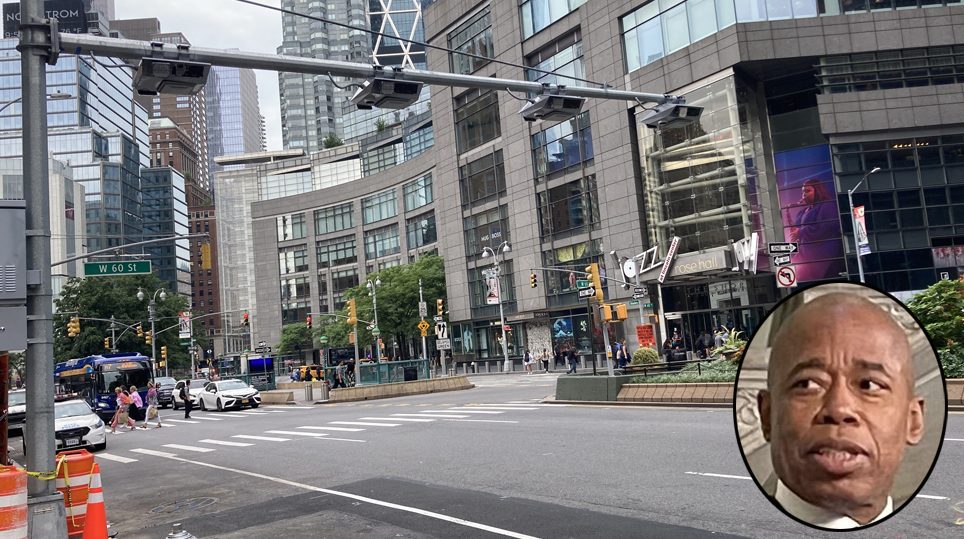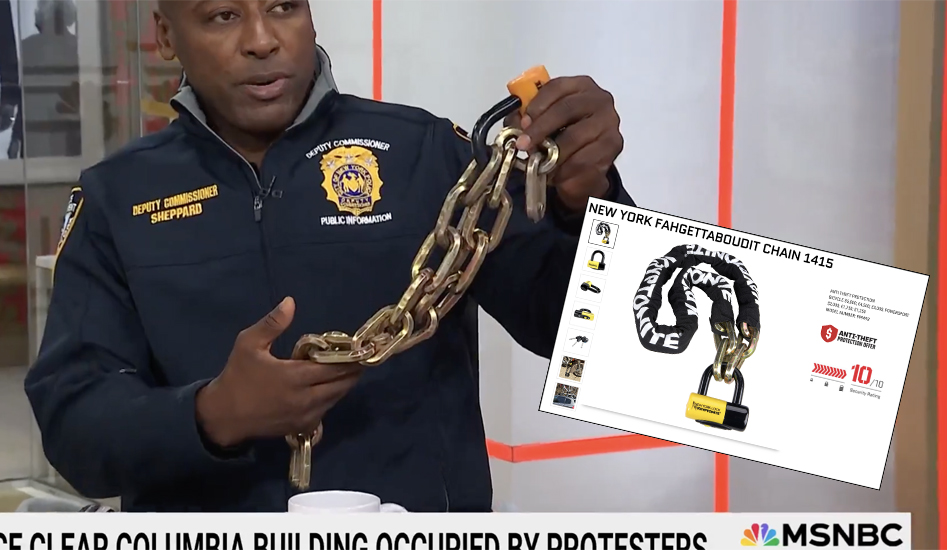A congressional panel last week rubber-stamped a bill that would require the federal government to establish safety standards for the lithium-ion batteries that power delivery workers' e-bikes — but the responsibility for securing better power packs will still fall on the lowest-paid workers in our city.
Last Wednesday, members of the U.S. House of Representative’s Energy and Commerce Committee unanimously advanced the so-called Setting Consumer Standards for Lithium-Ion Batteries Act, which requires the federal Consumer Product Safety Commission to create safety standards for micromobildity batteries "to protect against the risk of fires." The bill, introduced by Rep. Ritchie Torres (D-Bronx) in March, now moves to the House floor, and has the support of the city.
“A strong federal standard for lithium-ion batteries is required to ensure public safety,” said FDNY Commissioner Laura Kavanagh. “We have seen that this technology moves very quickly, and it is incredibly important that regulations are forward-looking to keep pace.”
Kavanagh had previously called on the regulatory agency to intervene, writing in a letter sent to the body earlier this year that it should “be proactive in … seizing imported devices at the ports that fail minimum industry standards, levying penalties against manufacturers who fail to inform [regulators] of hazards posed by their products, and seeking additional recalls of unsafe products.”
But even with the help of this legislation, the burden of purchasing such costly battery packs would still fall on the city's historically low-paid delivery workers, whose hourly take home pay rose this week, after months of delays, from just $7.09 per hour on average, excluding tips, to nearly $18 an hour.
App-based delivery giants such as Uber and DoorDash consider delivery workers "independent contractors" and, as such, do not provide them with equipment. And the cost of safe, certified batteries surged even higher when in September a city law went into effect prohibiting the sale of those not approved by the nationally recognized UL Solutions (aka Underwriters Laboratory). Again, delivery workers themselves were forced to pay the price, Streetsblog reported.
"We are talking about $3,000 to $5,000, so the transition cost [to safe batteries] is creating a financial burden on deliveristas," Ligia Guallpa, the executive director of the Worker's Justice Project, testified in October in support of a bill that would require the apps to supply workers with safe, certified e-bikes. The tech giants are opposed to the bill.
In the eight months since Torres first drafted the legislation, 16 more people have been killed in the 253 fires the FDNY says are the result of lithium-ion batteries, and dozens more injured far this year, bringing the total number of fatalities to 18. Last year, 216 fires caused 147 injuries and six fatalities, according to city stats.
At the time, Torres also called on the Homeland Security and Border Patrol agencies to keep substandard power packs from getting into the country.
But it wasn’t until last month that some mammoth online retailers, like Amazon, had finally stopped selling illegal batteries to New Yorkers, making them partially in compliance with the city law banning non-UL Solutions batteries.
And the City Council in September also passed a bill to create a citywide “buy back” program that would allow delivery workers to swap faulty, damaged or second-hand batteries for safe, certified ones. But it has yet to get up and running.





